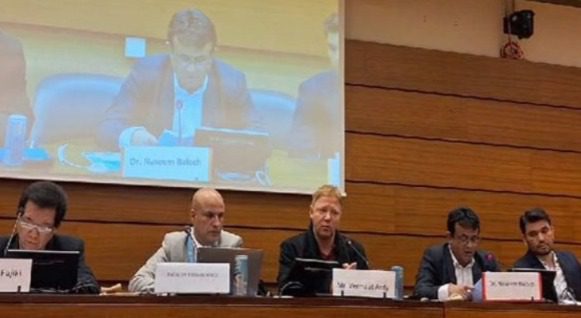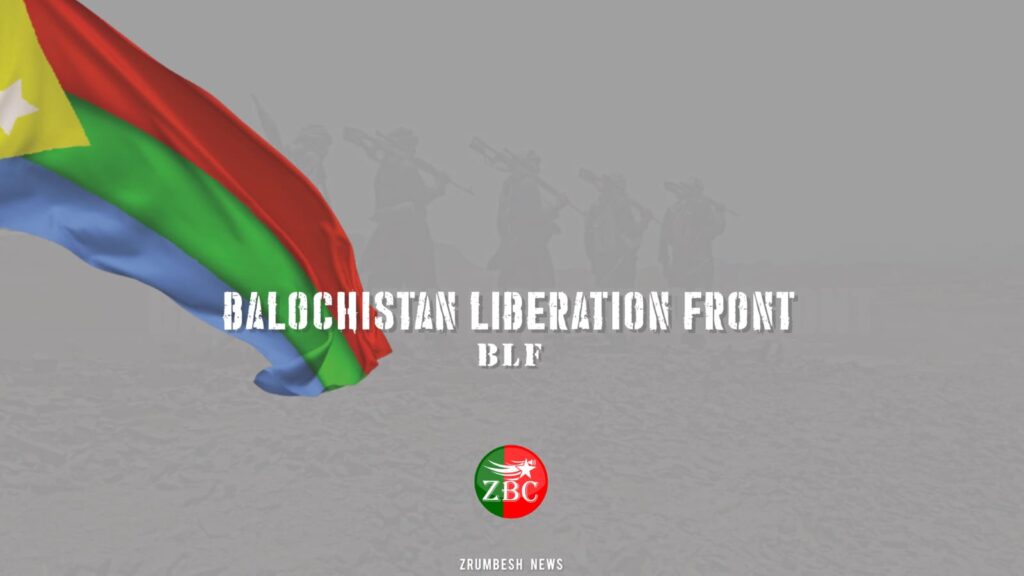Several human rights defenders on Thursday strongly condemned Pakistan for its ongoing human rights violations, including enforced disappearances, extrajudicial killings, arbitrary detentions, and torture used to silence dissent. The event took place during the 57th session of the United Nations Human Rights Council, where these activists brought attention to the systematic abuse of Pashtun and Baloch communities.
The session was led by Fazal Ur Rehman Afridi, Principal Representative of the Tumuku Development Cultural Union (ECOSOC). Afridi, along with other human rights advocates, highlighted the increasing violence against Pashtun Tahafuz Movement (PTM) activists in Khyber Pakhtunkhwa. Afridi stated that, just the day before, Pakistani military forces, along with intelligence agencies and police, had attacked peaceful PTM activists in districts like Bajaur, Lakki Marwat, Mardan, and Charsadda.
He condemned the authorities for using tear gas and bullets on peaceful protestors and revealed that homes of activists were also targeted, with family members unlawfully detained.Vermaut Andy, a journalist and human rights defender, shared the story of Ayesha, whose husband was forcibly disappeared in Khyber Pakhtunkhwa two years ago. Despite her efforts, she remains unaware of her husband’s fate, joining the tens of thousands of Pashtun families who have suffered similar tragedies. Andy noted that in June 2024 alone, 54 Pashtun individuals were disappeared, with no answers provided to their families.
Naseem Baloch, Chairman of the Baloch National Movement (BNM), spoke of his personal experience with enforced disappearances, stating that Pakistan has been waging an “undeclared war” against Balochistan since its forced annexation in 1948.
He accused Pakistan of using enforced disappearances, extrajudicial killings, and torture to suppress the Baloch people’s struggle for freedom. He also highlighted the existence of internment centers, where thousands of Baloch, Pashtun, Sindhi, and Kashmiri detainees are held without trial, often never to be seen again.
Baloch called for international action, stressing that these practices violate the United Nations Declaration on the Protection of All Persons from Enforced Disappearances. He described these internment centers as “black holes of injustice,” where detainees endure inhuman treatment, and many are ultimately discarded in mass graves.
The human rights defenders urged the international community to hold Pakistan accountable for its ongoing human rights violations and to ensure justice for the countless victims of enforced disappearances.



